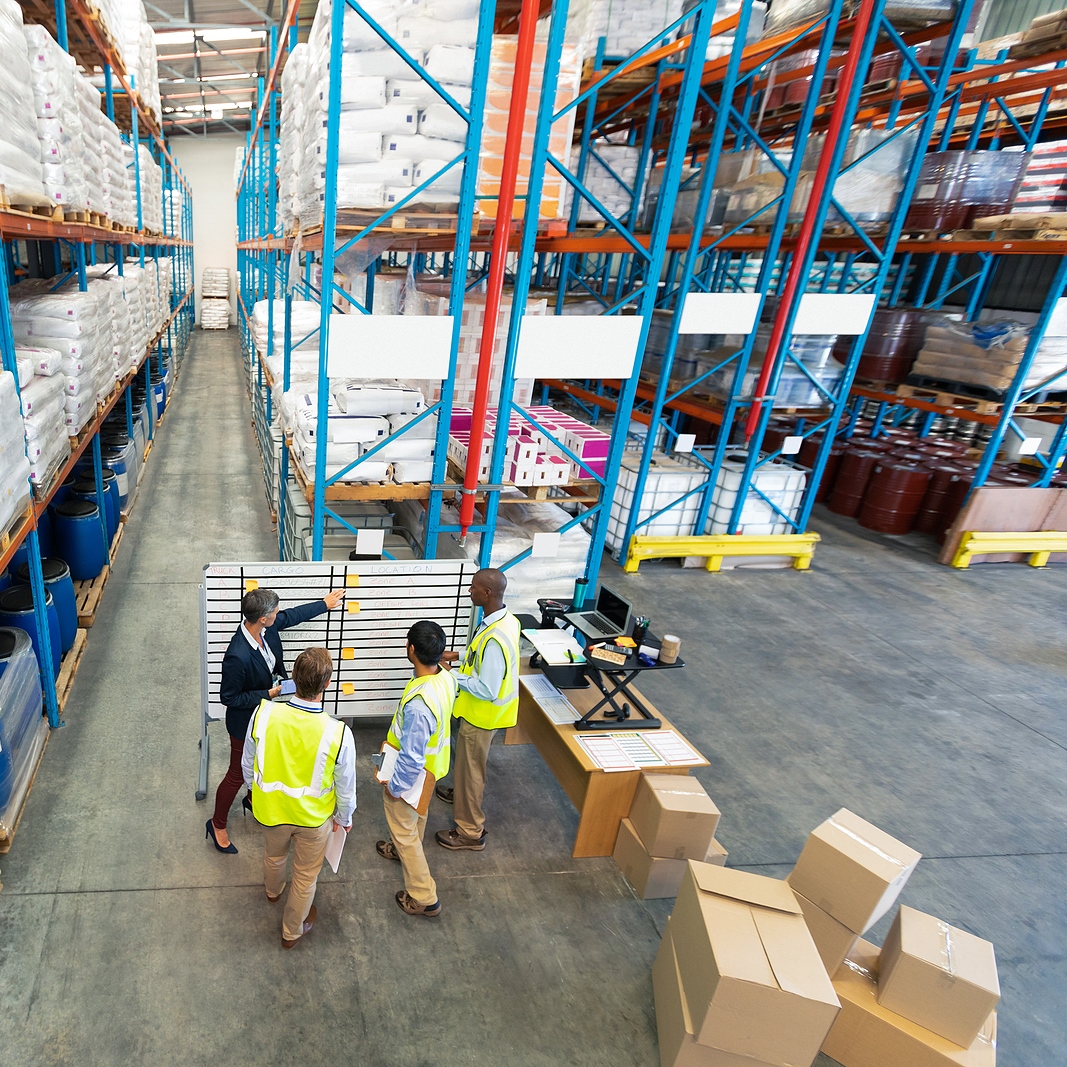The manufacturing and logistics industries still experience some of the highest risks of serious injury. Forklift accidents have always remained a primary issue in factories and warehouses, with approximately 7,500 injuries occurring in the US, resulting in nearly 100 fatalities each year.
Factory operations can be hard and possibly dangerous. If cautionary measures are not applied, accidents may occur involving heavy machinery and sharp objects. The fast work pace in the industry is causing injury cases to continue happening. Examples of common factory injuries include slips, trips, burns, cuts, and lacerations.
Warehouse operations, on the other hand, involve heavy lifting, moving equipment, and a fast-paced environment. Without proper safety measures, accidents can happen involving forklifts, pallet jacks, shelving units, or other machinery.
Injuries sustained by workers impact them not only physically but also emotionally. Most cases of accidents in factories and warehouses end in workers' compensation award claims.
Let’s discuss how these claims help cover medical costs and lost wages and provide the necessary support for workers.
Common Types of Factory and Warehouse Accidents
Factory accidents can occur suddenly, and most of the injuries that workers sustain are caused by improper use of heavy equipment or the absence of safety guards. Injuries from overexertion, such as straining while lifting heavy objects, can also happen in factories.
Some factories expose their workers to hazardous substances that might imply long-term health issues. Another type of factory accident can come from workplace violence, which happens less often but is no less of a serious threat to an individual’s life.
Warehouse accidents, on the other hand, often arise from improper use of forklifts, pallet jacks, or other heavy equipment. Lack of safety guards on machinery or improperly stacked inventory can also be major hazards.
Besides, many accidents stem from insufficient training and safety procedures. Workers who aren’t fully trained may fail to recognize hazards or improperly operate equipment. Unsafe practices or shortcuts increase the risk for everyone on site.
Understanding Workers’ Compensation Laws
Workers’ compensation laws are the provisions for both employees and employers, offering protection to those who become injured in the workplace. These laws assure you that you will be given medical care and wage replacement in case you are injured while on the job.
In simple terms, these laws support your recovery while safeguarding your rights. According to workers' compensation lawyer Garryl L. Deas, another important benefit offered through workers’ comp is partial compensation for your time off work while you recover. This compensation is typically two-thirds of your normal weekly pay.
Employers are responsible for collaborating with their workers and acknowledging the importance of workers' compensation. Employers should establish a supportive atmosphere wherein safety and well-being come first.
The Claims Process for Injured Workers
Dealing with the problems in the claims process after being injured on the job can easily overwhelm someone. Knowing which steps to take can make all the difference in your recovery. Report the injury to your supervisor as soon as possible, since timely reporting is important.
Get medical treatment next to ensure your safety and to have the injuries documented. Gather all relevant medical records and incident reports to back up your claim. Fill in the claim form and write a description of the accident as completely as possible.
Do not ignore deadlines. The time frame for a workers’ compensation claim varies by state. There are several people to walk you through the process step-by-step, so remain in contact with a colleague or an expert.
Tips for Successfully Filing a Workers’ Comp Claim
An effective workers' comp claim needs an investigative approach with attention to important details. Report your injury immediately to your supervisor, and this will set your claim in motion.
Document everything you can. Take photographs of the accident scene and maintain a record of all your medical visits and expenses. Try to record all testimonies; they will strengthen your case.
Always fill in the forms accurately and clearly. Incorrect details can delay your claim processing. Keep a constant line of communication with your employer and the adjuster. If you come upon any difficulties in the process, you might need to start looking for a workers' comp lawyer.
